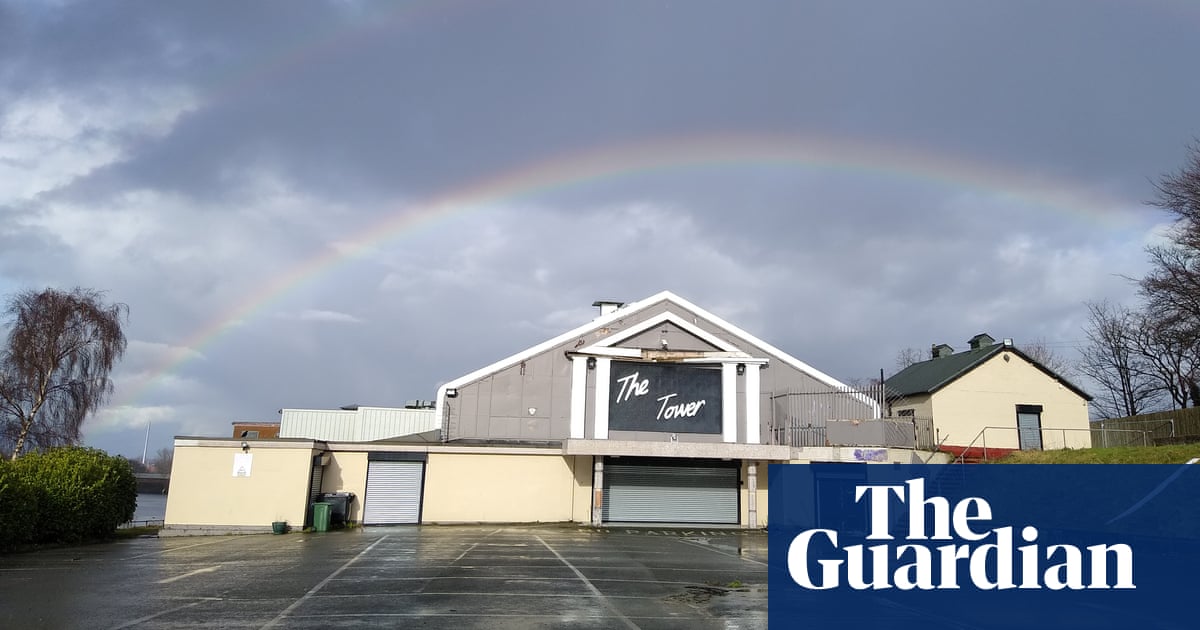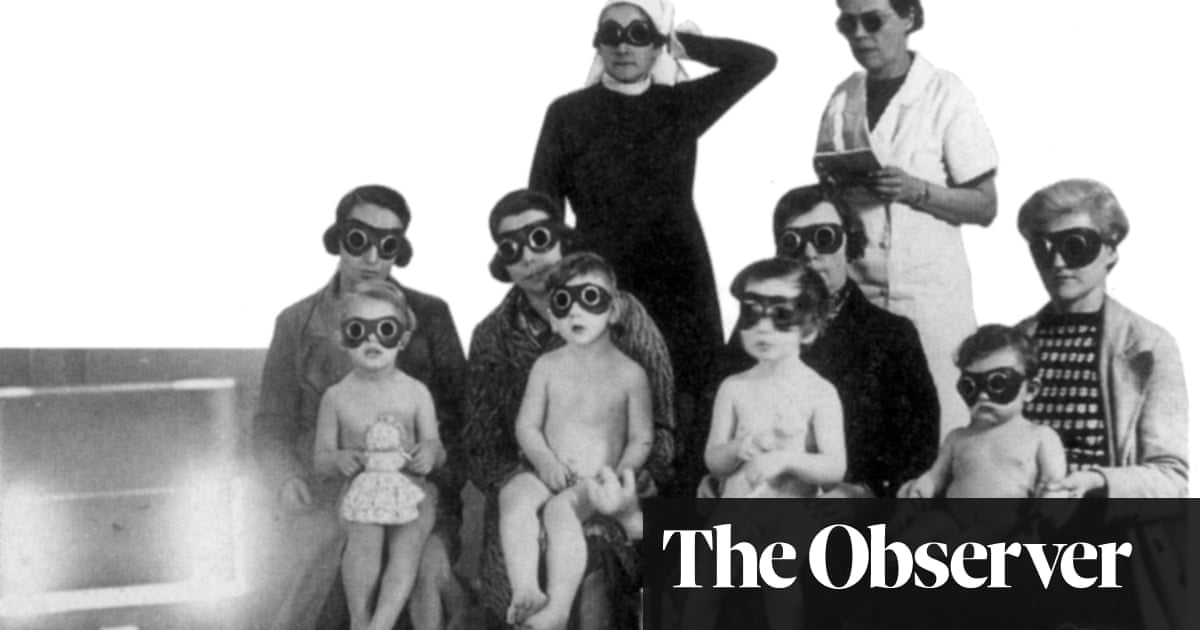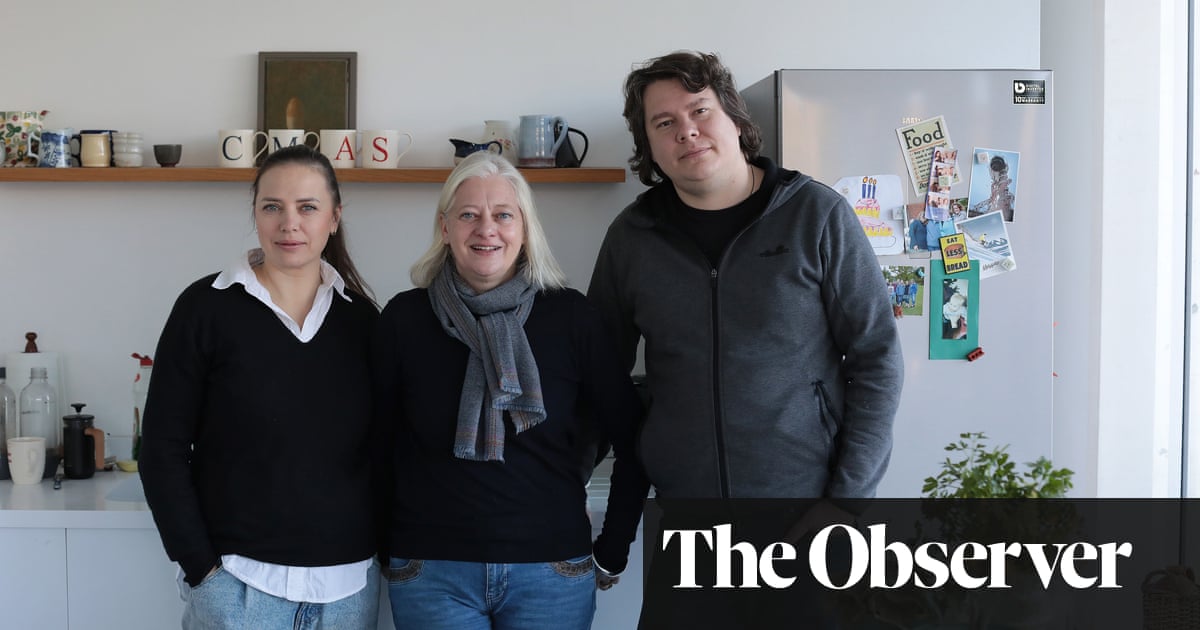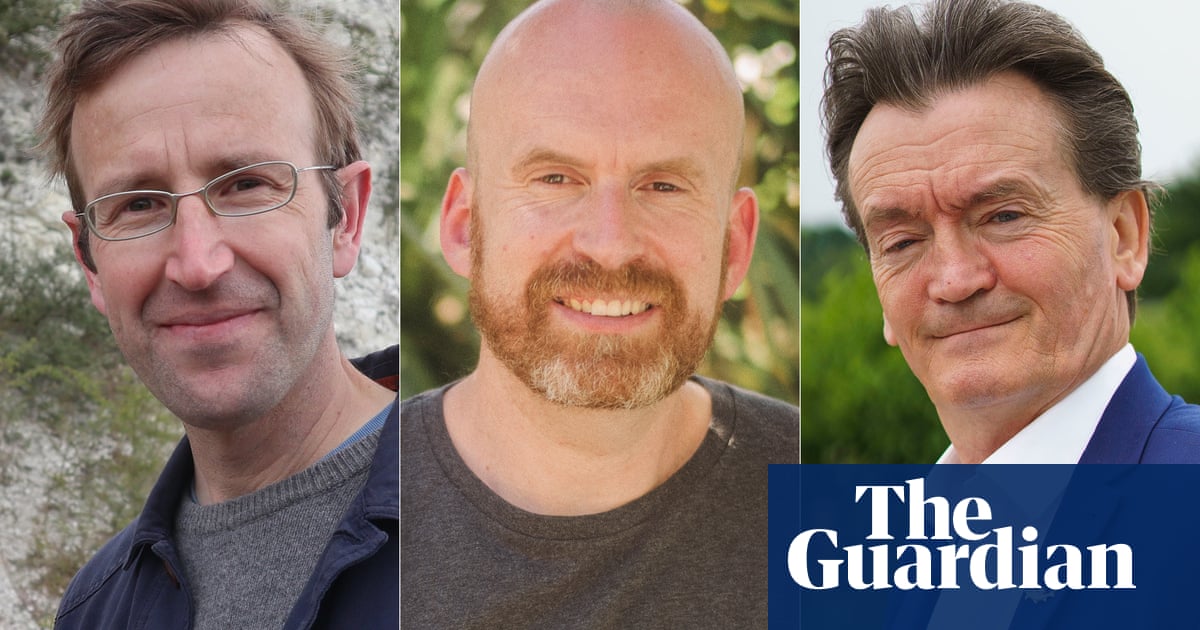It’s 2°C outside, but fairly toasty inside because both Mrs GreyShuck and I have the lurgy and so the heating is turned up. Personally, my temp is all over the place. My feet were simultaneously too hot and too cold most of last night.
GreyShuck
- 138 Posts
- 112 Comments

 6·2 months ago
6·2 months agoI have read comparisons in the past. I don’t have them to hand, but the conclusion was that dishwashers were more efficient in terms of water use and energy. However, the type of hand-washing that it was being compared to was itself a very inefficient style of washing (tap running continuously? two full sinks for rinsing? I can’t recall, but not the way that we do).
So handwashing the way we do is probably more efficient but it seems that there isn’t THAT much in it either way, and given the time taken and that we cook from scratch almost all the time, we use a dishwasher for the vast bulk of stuff.

 3·2 months ago
3·2 months agoWW1 - grandfather was a stoker in the RN. His ship was involved in the battle of Jutland. He was then in the RN reserves until he aged out on Sept 1st 1939. A great uncle was KIA in the trenches in France. Another was in the Mesopotamia campaign under Townsend. He had a rough time of it, but I don’t know the details.
WW2 - dad was in the RASC. In Normandy on D-Day+6, initially working on Mulberry B, but was then given a Sherman that had had its turret blown off and was clearing roads toward Caen. Later he was guarding munitions factories back in the UK, which is where he met mum, who had started the war filling jars with jam, but then was filling shells with explosive.
Malaya “emergency” - an uncle was there and hated everything about it.

 7·2 months ago
7·2 months agoThat’s nothing. I have no granadillas, rambutans or mangosteens either.
I guess that you might attract some - but it is going to depend where you are as much as the light source. I’m in the UK, for example, and wouldn’t get a lot of moths right now as we are well into autumn.
However, even with glowsticks, I’d expect that you will find something - just not a lot.

 23·2 months ago
23·2 months agoI have no idea where you are or how possible it might be, but I’d suggest volunteering for some local thing: soup kitchen, wildlife conservation, charity shop, whatever.
That will get you out of the house, meeting people - basically without any commitment on your part, so you can walk away, potentially learning new skills and making connections that could lead to a job.

 3·3 months ago
3·3 months agoI probably wouldn’t.
From the first RSS feeds onwards I have found that anytime I curate a list like this, 6 weeks later I am ignoring the entire thing. Either the individual feeds contained a few items of interest that one time, but basically nothing since, or else there are a lot of interesting items - but they are buried in a tidal wave of uninteresting ones.
In approximate date order:
Department Q, Adolescence, Baby Reindeer, Black Doves, Such Brave Girls, Extraordinary, Everyone Else Burns, Litvinenko, Am I Being Unreasonable, Somewhere Boy, The Ipcress File, The Outlaws, Annika, We Are Ladyparts, Here We Go, Staged.

 211·5 months ago
211·5 months agoI’d always suggest volunteering - be it wildlife conservation or staffing a charity shop or restoring vintage trains in a museum or whatever. Pick something that you have a little interest in and you will already have that in common with the other volunteers and, as a volunteer, you have no commitments and can walk away at any point.

 7·5 months ago
7·5 months agoI don’t think that I had anything like this from cartoons, but I had read about ginger beer in various childhood books long before I actually encountered it in the flesh and also Turkish delight from The Lion, The Witch and the Wardrobe, which was also one that I didn’t encounter IRL until later.
Ginger beer turned out to be a bit of a disappointment - not a patch on elderflower pressé, for example - but Turkish delight lived up to that passage, and I have thought about the book pretty much every time I have tasted it over the decades since.
There have, evidently, been a few of these in the past. Neither my personal phone nor my work one has ever received one though. Nor has my SO’s if it comes to it.

 10·6 months ago
10·6 months agoEdwards insisted that lessons had been learned and that in 2023 National Highways had carried out a full soil survey and a three-month tree analysis.
This revealed they had planted the wrong species in the wrong place, and provided valuable lessons about the most appropriate season in the year to plant a tree, he said.
As someone who has been involved in planting schemes, I can say that this is absolutely bog-standard basic stuff. There is no excuse for this at all. No-one employed as any kind of ecologist should have got this wrong. People should be sued for this at the very minimum.
Read, fiddle around on a ZX81, then a Cortex, read, cycle to and wander in a large local forest, read, sneak into and climb church towers, read, tabletop wargaming, read, sketching and painting. Did I mention reading?

 5·8 months ago
5·8 months agoNot specifically for the eyes or posture, but for overall approach and attitude to situations like this:
- Marcus Aurelius’ quote: Begin each day by telling yourself: Today I shall be meeting with interference, ingratitude, insolence, disloyalty, ill-will, and selfishness – all of them due to the offenders’ ignorance of what is good or evil. - and stoicism in general.
- Imagine them sitting on the toilet. You can’t take them too seriously like that.
- Take a longer perspective: consider whether this interaction will be of any significance at all in 10 years time?
Yes. This is one of his Culture novels. I’ve been enjoying them so far.
The run up to a fortnight of holiday for me, so the days were simultaneously dragging and full of stuff that I was trying to get finished or progressed as much as possible.
However, now I am dozing in the sun with the requisite amounts of clotted cream and cider and a stack of books (Banks’ Use of Weapons at the moment).
Once the BH crowds have thinned, I will probably get out for some coastal hikes too.
No. I’m not interested in interaction when I am buying or selling something. Nor playing games, or getting or giving social strokes or whatever. I will do that on separate occasions.
I will pay the price asked or I will look elsewhere.
A hornet has spent most of the week sizing up my shirt rail as a potential nest site. Persuasion hasn’t worked, so I have ordered a screen for the window.
I was only called in for one problem at work over the weekend, which was easily resolved,. Spent the rest of it sorting out the shed, pottering in the garden and reading.
In a week and two days I will be off on a regular holiday with friends for a fortnight. It always seems a long slog between Xmas and this one, so really looking forward to it.

 2·9 months ago
2·9 months agoFrom this strand of SF, Dennis E Taylor’s Bobiverse books are by far the most compelling. It has been a while since I found something that was as unputdownable. I don’t know that they are technically the ‘best’ in terms of literary merit or anything though. I’d say that Dan Simmons Hyperion probably wins on that front.



















Films that I saw, on TV or at the cinema, prior to the age of 16 or so that had a major impact on me - in the approximate order in which I saw them: